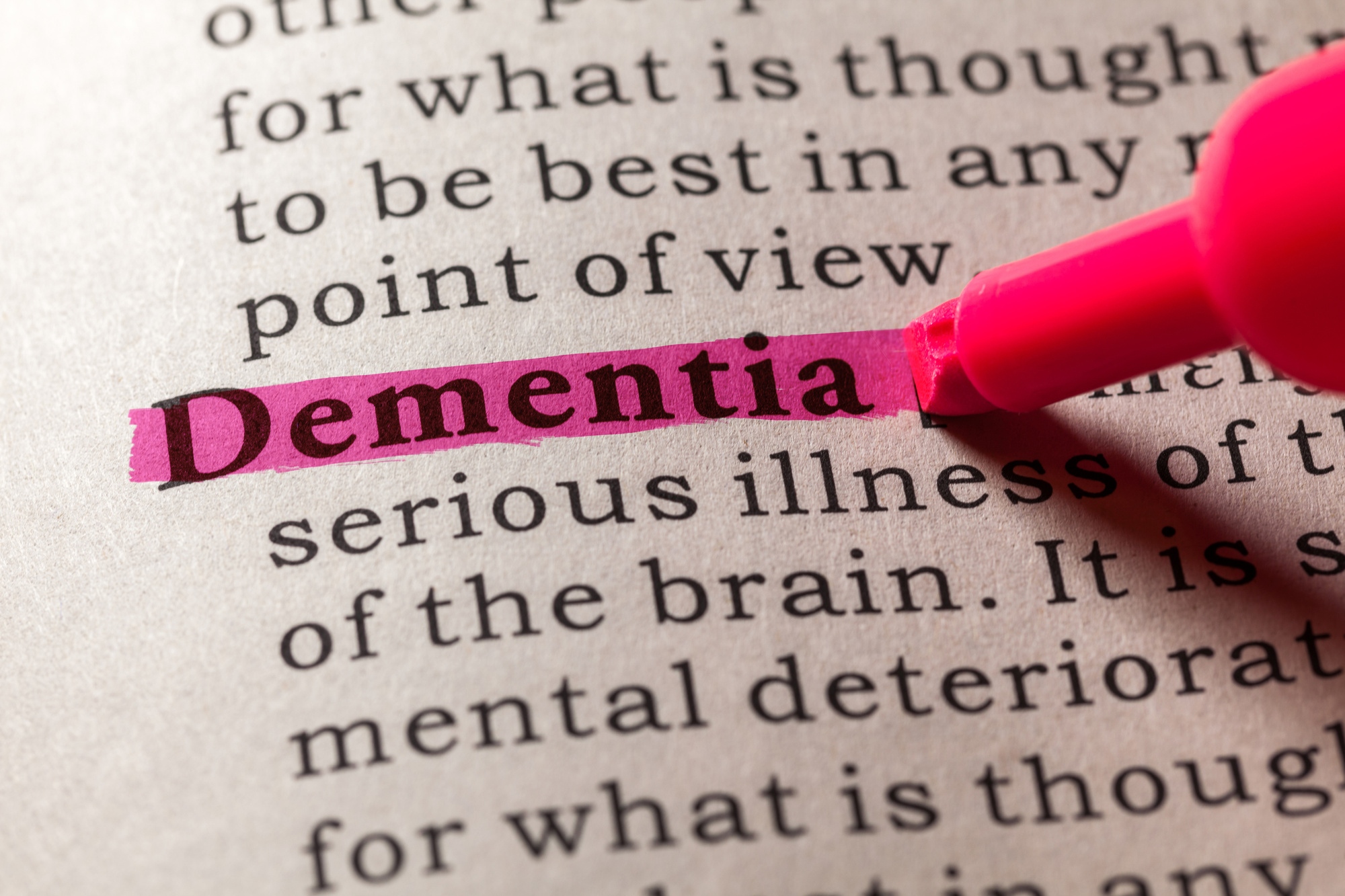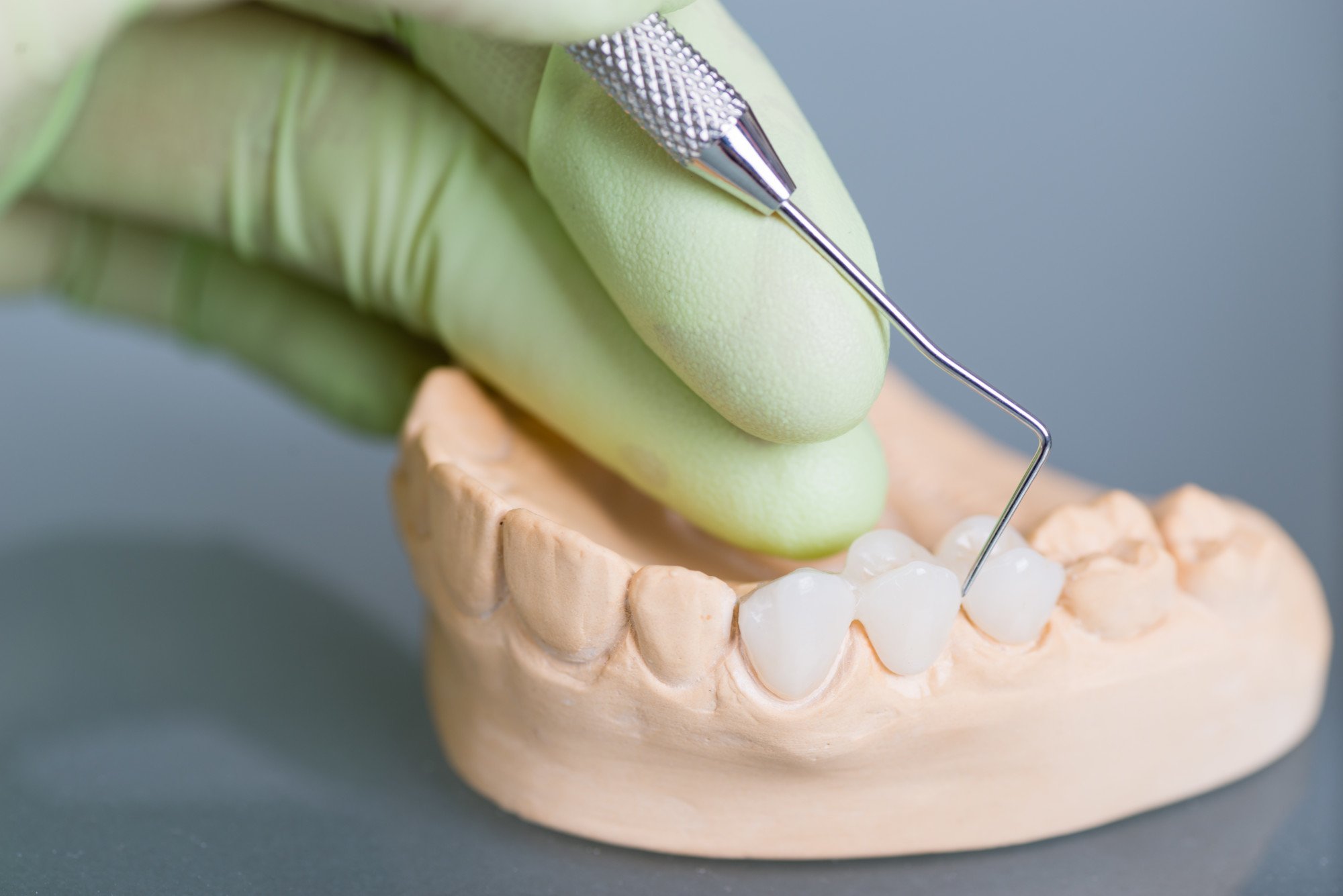
Are you looking for more information on dementia?
We’re often all worried about getting older, and many of us dream of being young and carefree. However, as we grow older, more and more illnesses rear their ugly heads.
Dementia is one of the most frightening and unsettling illnesses. Knowing more about it and learning the different types of dementia can help you understand dementia and how to avoid it.
We have created this article as an all-in-one guide to the different types of dementia. Read on to know more.
Alzheimer’s Disease
Alzheimer’s disease is a progressive brain disorder that slowly destroys memory and cognitive skills. It is the most common type of dementia, accounting for 60-80% of all cases. Symptoms of Alzheimer’s disease typically begin in middle age or later in life and worsen over time.
There is no known cure for Alzheimer’s disease, but there are treatments available to help manage symptoms and slow the progression of the disease.
Frontotemporal Dementia
Frontotemporal dementia is one type of dementia that affects the frontal and temporal lobes of the brain. This type of dementia can cause changes in behavior, personality, and language skills. Also, people with frontotemporal dementia may have trouble with planning and carrying out actions.
Although frontotemporal dementia is not as common as other types of dementia, it can be just as debilitating.
Lewy Body Dementia
LBD is a progressive neurodegenerative disorder that leads to changes in thinking, behavior, and movement. Symptoms of LBD can include hallucinations, delusions, parkinsonism, and fluctuations in alertness and attention.
While there is no cure for LBD, treatments are available to help manage symptoms. Also, living in a licensed skilled nursing facility improves the quality of life.
Mixed Dementia
Mixed dementia is a type of dementia that is characterized by having more than one type of dementia. This means that mixed dementia is a combination of two or more types of dementia. The most common types of dementia that are mixed are Alzheimer’s disease and vascular dementia.
There is no cure for mixed dementia, but there are treatments that can help to manage the dementia symptoms and slow down the progression of the disease.
Vascular Dementia
This type occurs when blood flow to the brain is blocked or reduced. This can happen due to a stroke or other blood vessel problems. Symptoms of vascular dementia can include problems with speaking, vision, and memory loss.
People with vascular dementia may also have problems with movement and balance.
Different Types of Dementia: What You Need to Know?
There are many different types of dementia, each with its own set of symptoms and progression. While there is no one-size-fits-all approach to managing the condition, it is important to be aware of the different types of dementia and how they can affect a person.
Each type of dementia is caused by a different underlying process and has different treatment options. It is important to see a doctor if you or a loved one is experiencing any signs of dementia so that an accurate diagnosis can be made and appropriate treatment can be started.
Did you find this article helpful? Visit more of our blogs!





